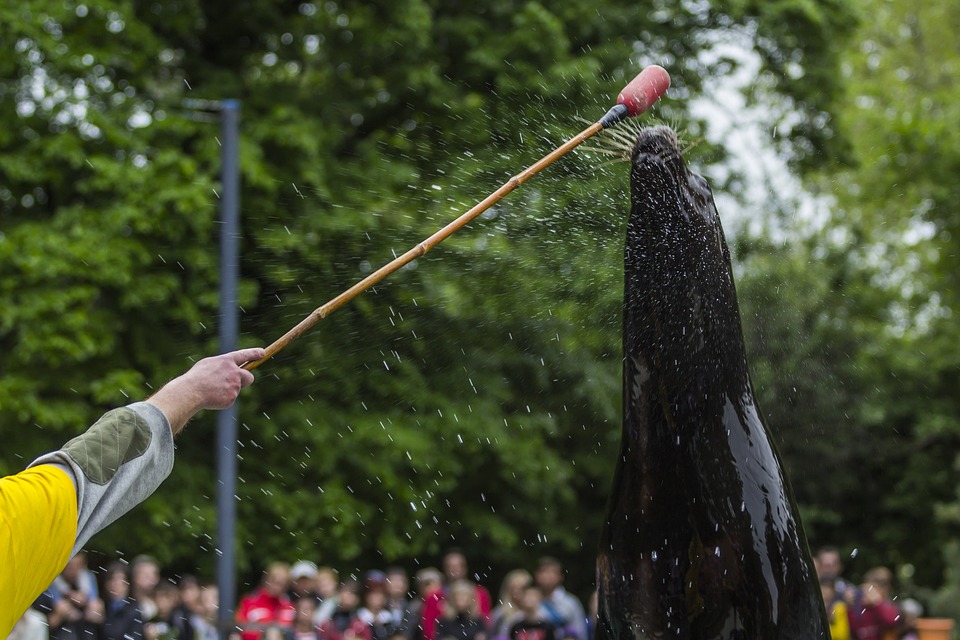Maintaining a stable water temperature is crucial for the health and well-being of your aquarium fish. Fluctuations in temperature can cause stress, weaken the immune system, and even lead to fatalities. In this article, we will explore the importance of stable water temperature, discuss the factors that affect it, and provide practical tips to help you maintain optimal conditions for your fish.
Understanding the Significance of Stable Water Temperature:
1. The Impact of Temperature on Fish Health: Fish are ectothermic animals, meaning their body temperature is regulated by the surrounding environment. Therefore, the water temperature in their aquarium is vital for their overall health and physiological functions.
2. The Consequences of Temperature Fluctuations: Sudden changes or drastic fluctuations in water temperature can stress fish and make them more susceptible to diseases and infections. It can also affect their metabolism, digestion, and reproductive capabilities.
3. Optimal Water Temperature Ranges for Common Aquarium Fish Species: Each fish species has specific temperature requirements. It is essential to research and understand the preferred temperature range for the fish in your aquarium to ensure their well-being.
Factors Affecting Water Temperature:
1. Ambient Room Temperature: The temperature of the room where your aquarium is located plays a significant role in maintaining stable water temperature. Extreme room temperatures can cause fluctuations in the aquarium water.
2. Aquarium Lighting and Heating: The type and intensity of lighting used in the aquarium can influence water temperature. Additionally, using a heater can help maintain a stable temperature, especially in colder climates or during winter months.
3. Water Volume and Insulation: The amount of water in your aquarium and the materials used for insulation can affect temperature stability. Larger volumes of water tend to retain heat better, while insulation materials can prevent heat loss.
4. Seasonal Temperature Variations: Changes in outdoor temperatures during different seasons can impact the temperature of the room housing your aquarium. It is important to monitor and adjust accordingly to maintain stable water temperature.
5. The Role of Thermometers in Monitoring Water Temperature: Using accurate thermometers is essential for keeping track of water temperature. Digital thermometers are recommended for their precision and ease of use.
Tips for Maintaining Stable Water Temperature:
1. Choosing the Right Heater and Thermostat: Invest in a high-quality aquarium heater and thermostat to ensure precise temperature control. Select a heater suitable for the size of your aquarium and consider any specific temperature requirements of your fish species.
2. Positioning the Heater and Thermometer: Place the heater near the water flow to distribute heat evenly throughout the aquarium. Position the thermometer away from the heater to get an accurate reading of the overall water temperature.
3. Regular Maintenance and Calibration: Clean and inspect your heater and thermometer regularly to ensure they are functioning correctly. Calibrate your thermometer periodically to maintain accuracy.
4. Controlling Room Temperature: Use fans, air conditioners, or heaters in the room housing your aquarium to regulate the ambient temperature. Avoid placing the aquarium near drafty windows or direct sunlight, as they can affect water temperature.
5. Insulating the Aquarium: Use insulating materials such as foam or styrofoam sheets to cover the sides and back of the aquarium. This helps retain heat and prevents temperature fluctuations caused by external factors.
Frequently Asked Questions (FAQs):
1. Why is it important to acclimate fish to the aquarium temperature? Acclimating fish helps them adjust gradually to the new water temperature, reducing stress and minimizing the risk of temperature shock.
2. Can I use a regular household heater to maintain water temperature? It is not recommended to use a regular household heater as they are not designed for aquarium use and may not provide accurate temperature control. Invest in a proper aquarium heater for optimal results.
3. Should I use a heater all year round, even in warm climates? It is advisable to use a heater year-round, even in warm climates. Sudden temperature drops or fluctuations can still occur, and a heater ensures stability.
4. What should I do if the water temperature starts to rise or fall unexpectedly? If the water temperature deviates from the desired range, check the heater and thermostat settings, and ensure they are functioning correctly. Adjust as needed or seek professional advice if the issue persists.
5. Is it possible to maintain stable water temperature without a heater? It can be challenging to maintain stable water temperature without a heater, especially in colder climates or during seasonal changes. A heater provides consistent warmth, which is crucial for fish health.
Conclusion:
By ensuring a stable water temperature in your aquarium, you provide your fish with a comfortable and healthy environment. Regular monitoring, appropriate heating, and insulation measures will help you maintain optimal conditions and prevent temperature-related stress and illnesses. Remember, happy and healthy fish thrive in a stable water temperature!









